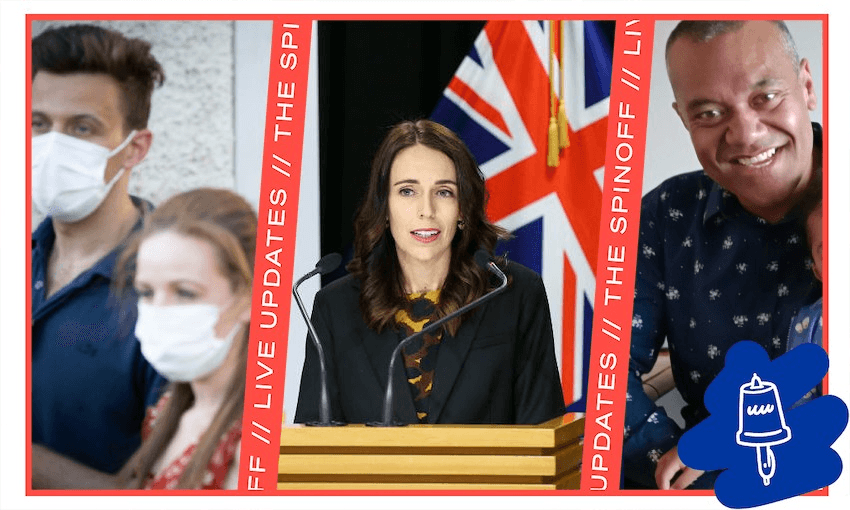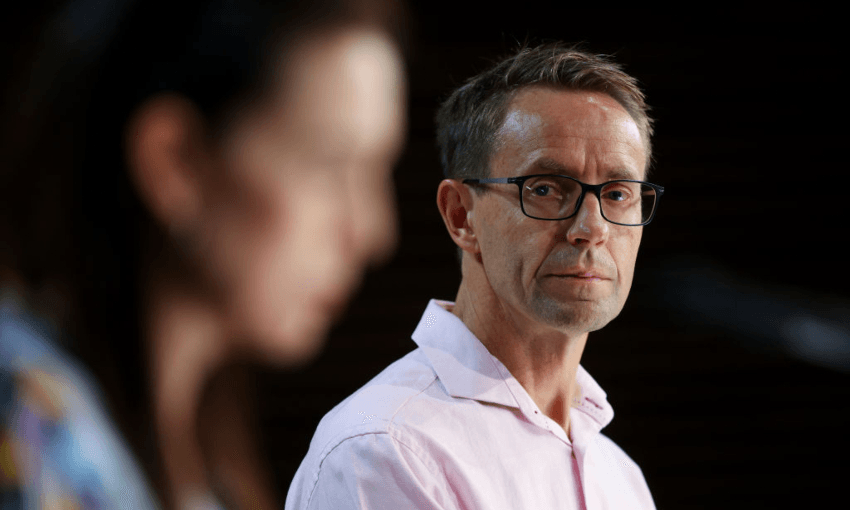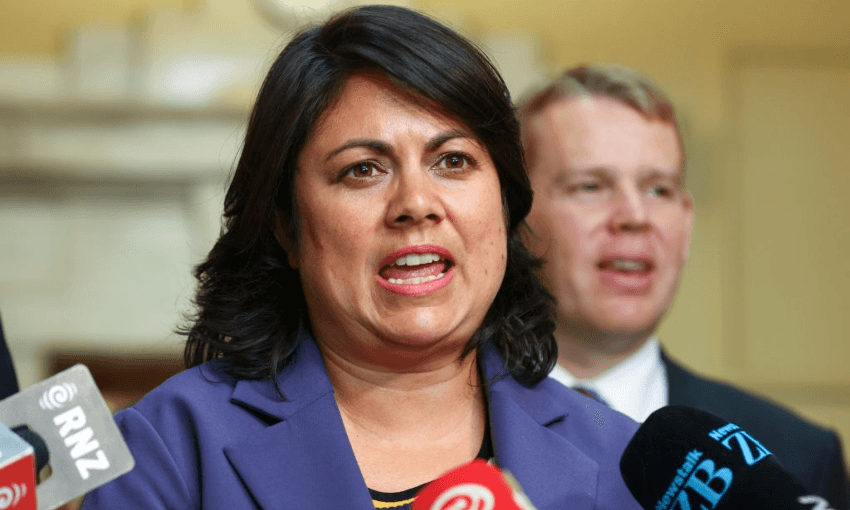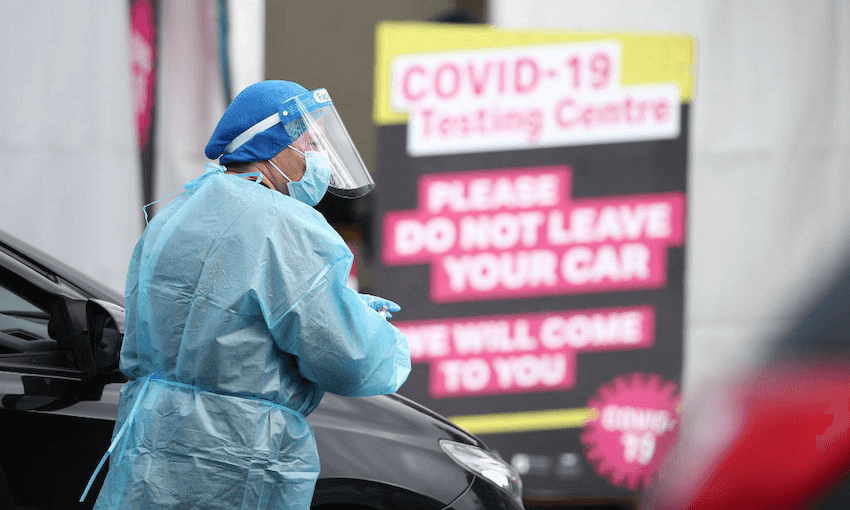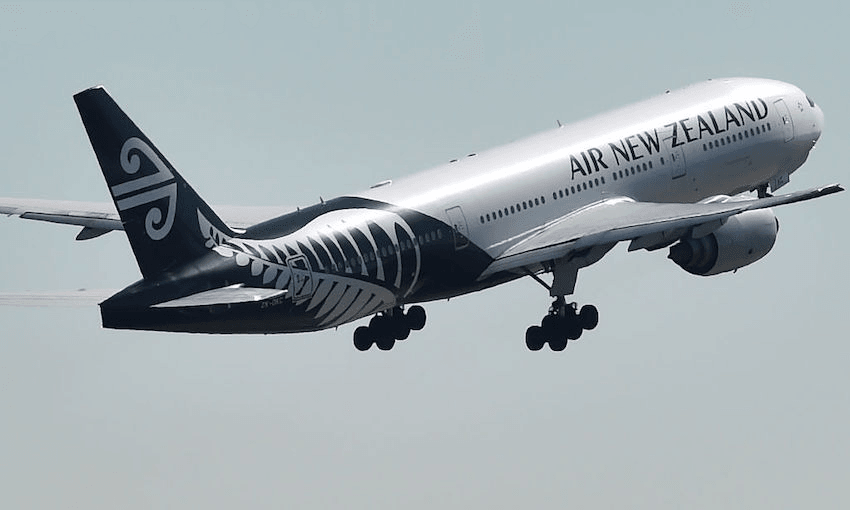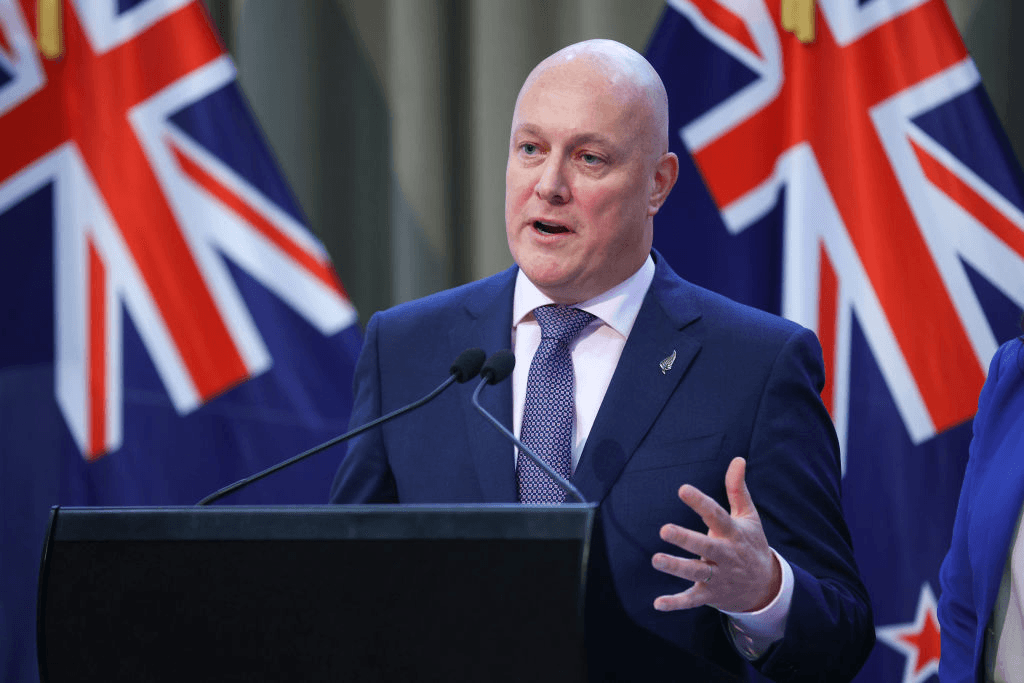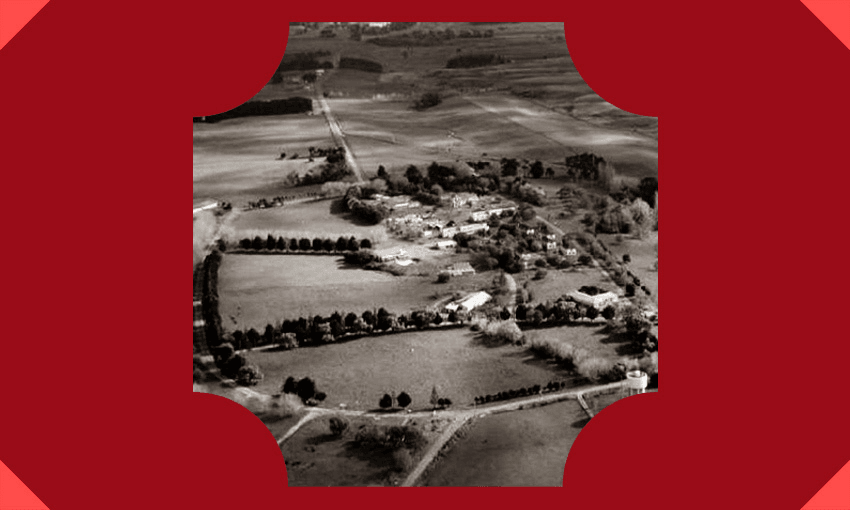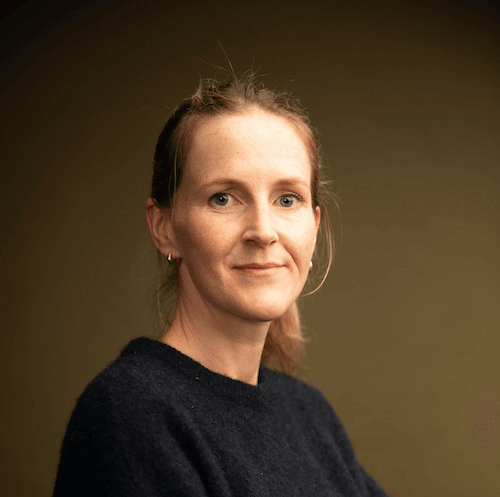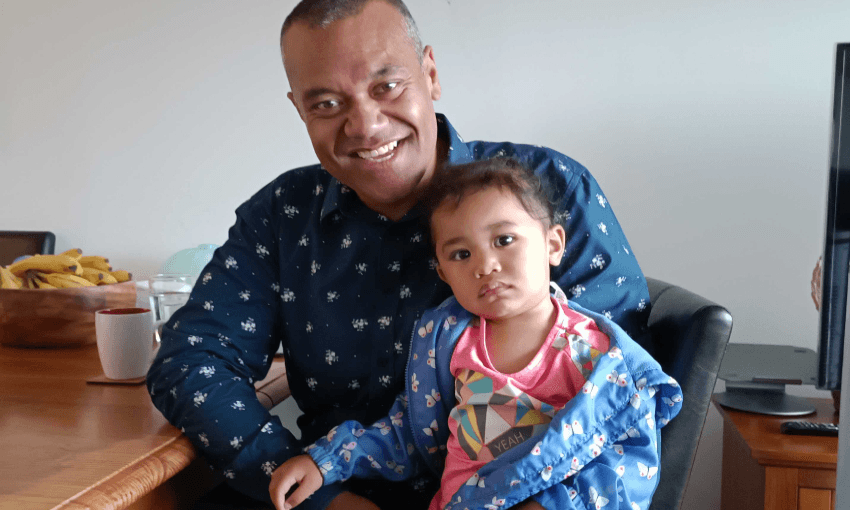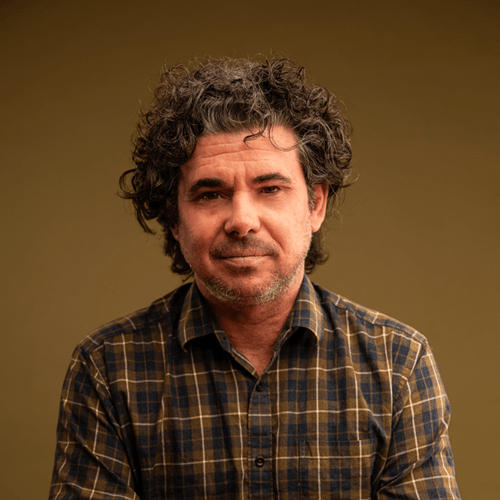The isolation period for confirmed cases of Covid-19, along with their contacts, will drop as case numbers surge.
More details have been revealed about the government’s three-phase approach to slowing the spread of the omicron variant. Along with changes to the isolation period for omicron cases, the definition of a household contact is also set to shift.
Another 15 cases of the highly transmissible variant were confirmed in the community today, with cases now located around both islands.
“Almost no country in the world has escaped omicron and New Zealand is no exception,” said associate health minister Ayesha Verrall at parliament. “But where we can be an exception is how well we minimise the impact of the virus and protect our people from it.”
She added: “Our plan is simple: get boosted, wear a mask, follow basic hygiene rules we’ve become so familiar with and reduce contact as much as is practical.”
Verrall said that, like we have in the past, New Zealand was going “hard and early” with its health response.
Here are the key details of the three phases.
PHASE ONE: ‘Stamp it out’
- This is the phase we are in now and is similar to the approach taken with delta.
- Phase one includes the existing contact tracing and isolation requirements and that everyone who is symptomatic be tested at a community testing station or at a primary health provider.
- “If you are required to isolate, you will receive advice and – if needed – support to do so,” said Verrall. “At this phase you will need to isolate for 14 days if you are a case, and 10 days if you are contact.”
PHASE TWO: ‘Slow the spread’
- Phase two is expected to kick in when there are around 1000 daily cases of Covid-19. The objective is to slow the spread and protect our vulnerable communities.
- “The system will be adjusted to focus much more on identifying those who are at greater risk of severe illness from omicron,” said Verrall.
- During phase two, the isolation period will drop down to 10 days for cases and seven days for contacts in line with “best practice overseas”.
- Household contacts will actively be managed by contact tracing services, with close contacts requiring a PCR test on day five.
- There will also be more use of rapid antigen testing at phase two. Verrall said: “Phase two is where we will see more widespread use of the test to return to work policy where asymptomatic contacts in critical workforces can return a negative rapid antigen test in order to go to work.”
- Positive cases will be directed to an online portal called the Covid-19 Health Hub, which will have tailored health advice and resources on everything a person needs to know.
PHASE THREE: ‘Self-manage’
- Phase three will kick in when cases are in the thousands.
- The definition of contacts will change to household and household-like contacts only. This will mean the highest risk contacts will need to isolate.
- The majority of people will be supported and be able to self-manage and isolate at home. Clinical care will focus on anyone with high needs. “Supported self-service, rapid antigen testing for diagnosing Covid and a self-service tool to enable identification of high risk contacts will be significant to respond to the high volumes of omicron cases,” said Verrall.
- Due to the large number of cases per day, the focus of PCR testing will be on priority populations. Symptomatic people or priority populations may use a rapid antigen test for diagnosis. These will be available at GPs, pharmacies, community testing centres or workplaces for symptomatic or critical workers.

